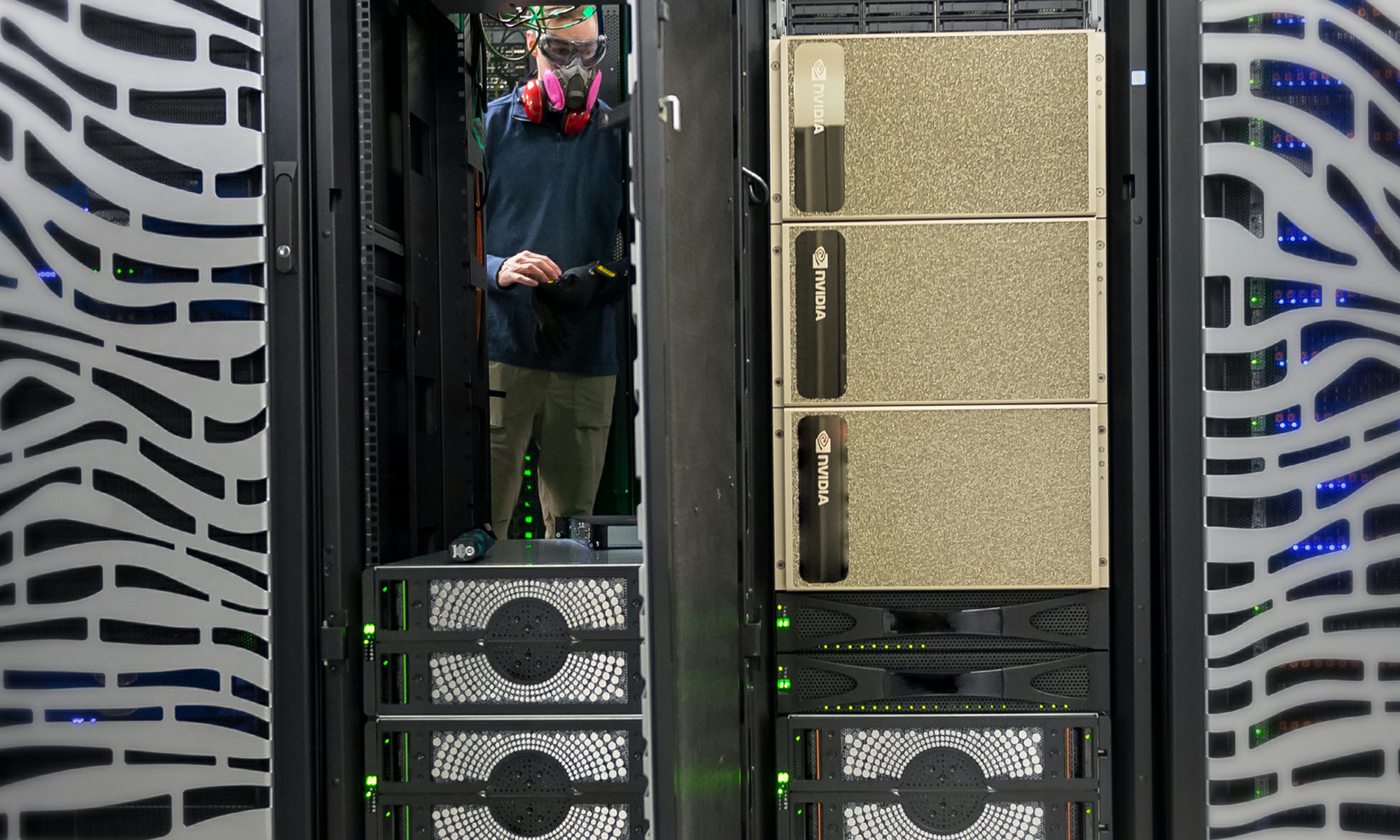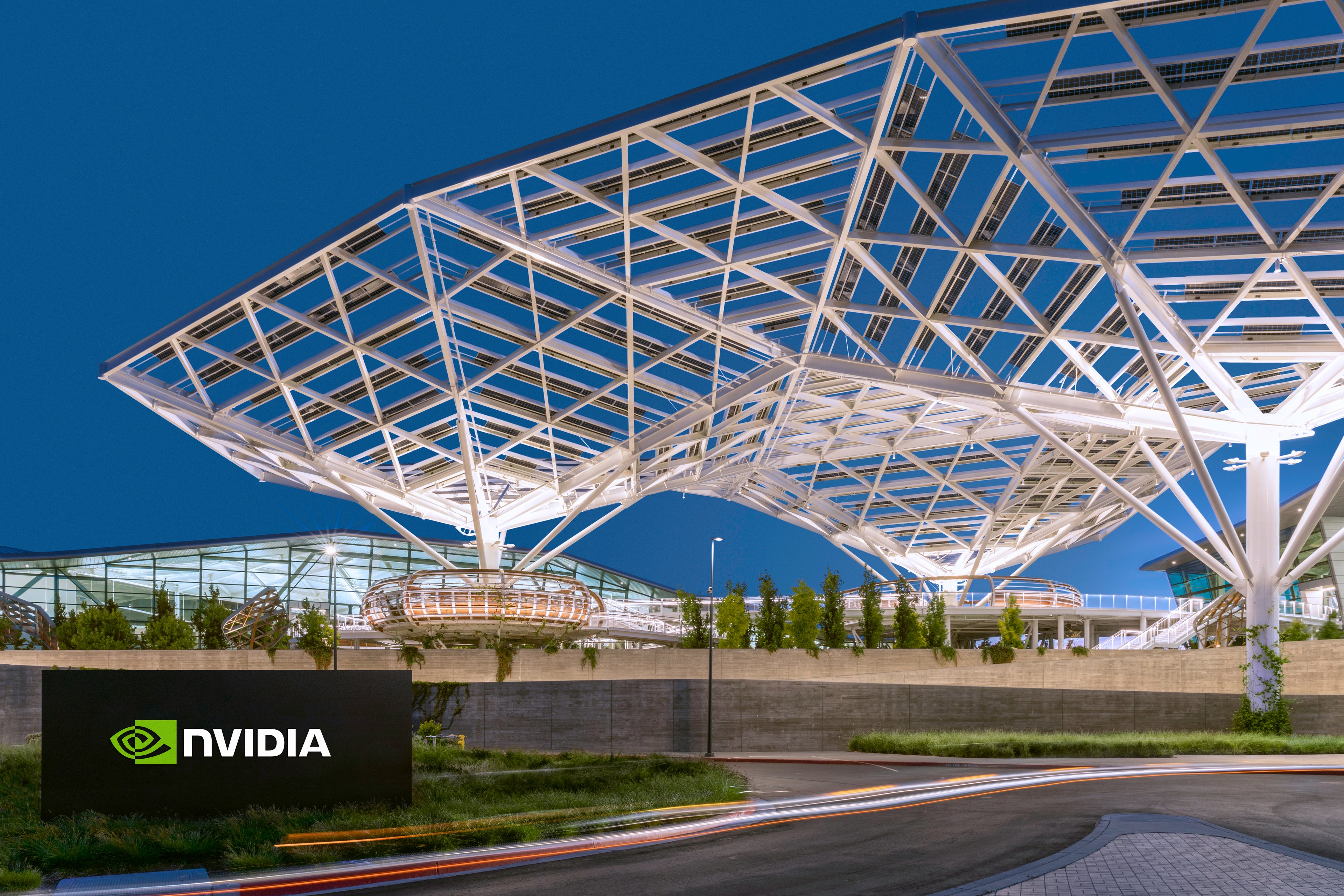It has been more than two years since graphics specialist NVIDIA (NVDA +1.60%) introduced its current graphics architecture, known as Pascal, for the gaming market. The Pascal processors, which are marketed as the GeForce GTX 10-series products, represented substantial performance and power efficiency leaps from their predecessors, which were based on the Maxwell architecture.
There have been several reports in the tech press that NVIDIA is planning to launch gaming products based on its next-generation graphics architecture, known as Turing, sometime in the third quarter. In fact, as I reported previously, one very reliable source on the Beyond3D forum said that NVIDIA is on track to introduce the Turing parts late in the third quarter of 2018.
Moreover, when the program for the upcoming HotChips processor conference (which will take place in late August) was first published, it said that NVIDIA was planning to host a talk about its next-generation mainstream graphics processor -- presumably Turing. When the press picked up on this, though, the program was updated to scrub that bit of information.
There's a lot of publicly available evidence that NVIDIA's Turing is coming, and coming within the next few months, so it's curious that company CEO Jensen Huang went on record during the keynote at a recent technology show to say that the company's next GeForce graphics processor family would be announced "a long time from now."
Here's why I think Huang said that.

Image source: NVIDIA.
The cryptocurrency mining problem
Over the last six to eight months, NVIDIA saw a large surge in demand for its graphics processors from people looking to mine cryptocurrencies. That demand increase made it difficult for NVIDIA's core gaming customers to buy its products at reasonable prices. Pricing was highly inflated because miners were willing to pay more for these products.
However, as cryptocurrency prices have come down significantly and as specialized cryptocurrency mining chipmakers like Bitmain begin to roll out chips that can mine the cryptocurrencies that graphics processors have been used for, demand for graphics processors is coming down.
As an easy proof point, go to any online retailer and you'll see that graphics processors are in plentiful supply. In fact, NVIDIA is even announcing that graphics cards based on its processors are coming with free games as part of a bundle package to sweeten the deal. This is a clear sign that demand for these cards has fallen substantially.
There are other data points, too. For example, according to a research note from BlueFin Research partners that went out on June 5, NVIDIA "anticipated softer GPU card demand" in the second quarter, but the analysts think that the "current run rates are even lower" than those muted expectations.
With cryptocurrency mining demand falling off, NVIDIA needs to do everything it can to maximize demand from its core gaming customers.
Keeping quiet about future products
A large portion of NVIDIA's graphics card sales is directly to consumers who buy individual cards and plug them into systems themselves. These customers are more likely to follow the news around current and upcoming graphics product processors. If there is a widespread belief in this community that new graphics cards from NVIDIA are imminent, that could further exacerbate the graphics processor demand slowdown that the company is already facing.
From a financial perspective, it's critical to keep in mind that sales of graphics processors into gaming computers is NVIDIA's largest and most important business. During the company's fiscal year 2018, for example, the company indicated that its revenue from GeForce GTX gaming graphics processors was at least $4.5 billion -- 46.3% of its overall revenue.
NVIDIA isn't going to want to put its GeForce gaming revenue performance over the next quarter or two at risk by spouting off about how great its future products will be. By telling people that new graphics cards won't be coming out for a long time, people will be more willing to go out and part with their hard-earned cash to buy a current Pascal-based product.






